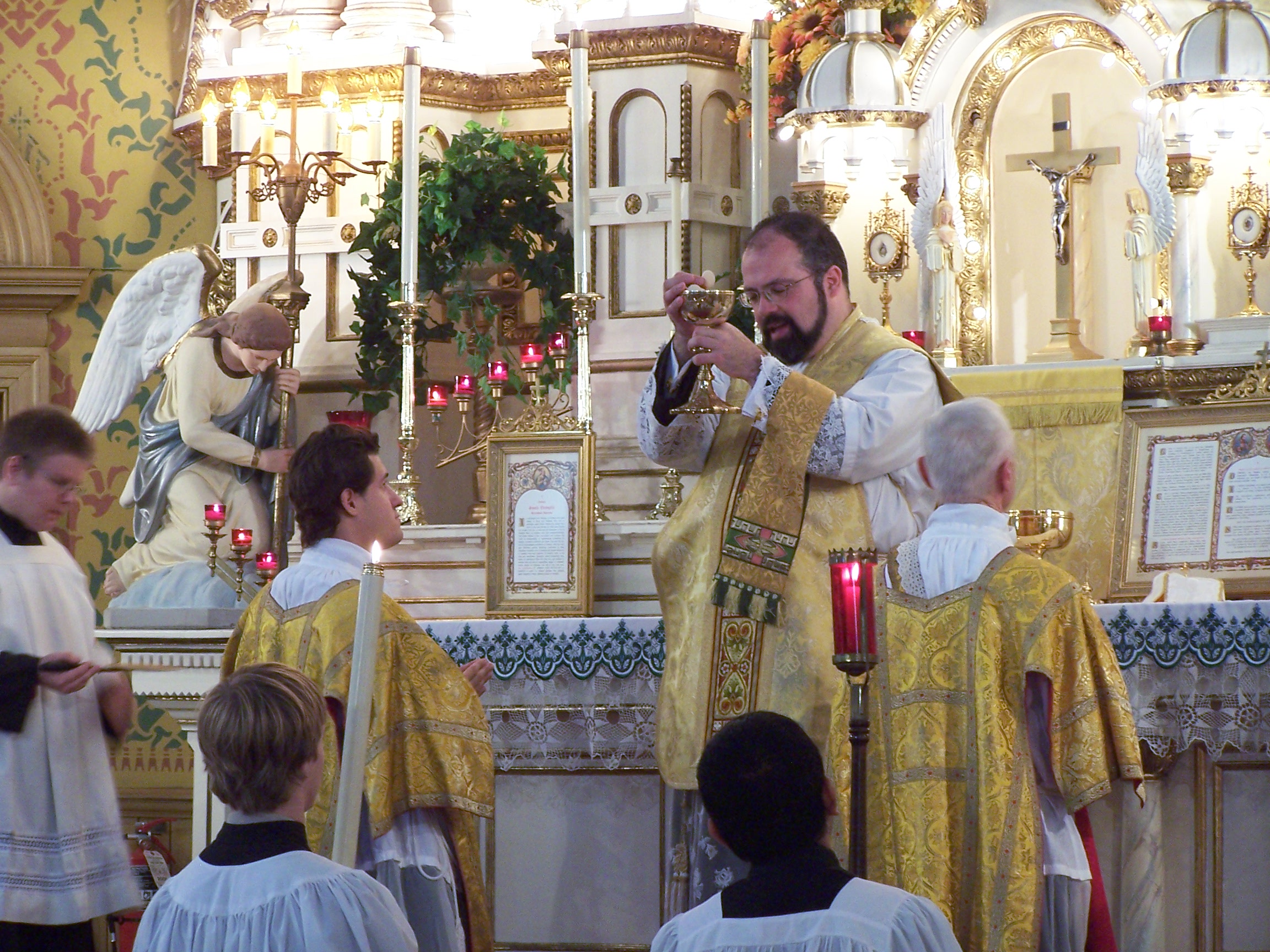
We have just launched An Instructed Eucharist with Furman Buchanan For Individuals and For Groups.
Some Episcopalians have been attending Episcopal liturgies since before they can remember. These are people who knew how to respond when someone said “May the Lord be with you!” before they knew how to spell their own names. Others are new to the church and wish to learn more about the rich Episcopal liturgy that they attend week by week.
Our newest class is appropriate for both groups. In this class, the Rev. Furman Buchanan, rector of St. Peter’s Episcopal Church in Greenville, SC. and author of the book Gifts of God For the People of God: Exploring Worship in the Episcopal Church, explains how we celebrate the Eucharist. He discusses what elements we include, why we structure them the way we do, and what it means to celebrate each of these parts of the liturgy. New Episcopalians can benefit from a better understanding of the liturgy. There’s a lot of substance to the Eucharist, and rich history and theology behind it. It can help people new to the liturgy appreciate it to have someone explain the importance of each element of the service.
Long-term Episcopalians can benefit from renewing their acquaintance with the Eucharist; from bringing new eyes to a service they know by heart. Episcopalians who are extremely familiar with the liturgy can begin to worship by rote. The proclamation in the Nicene Creed that we worship the “creator of heaven and earth, of all that is, seen and unseen” is both powerful and poetic enough that it seems impossible to say it without thinking about it — but any long-term Episcopalian can tell you that it’s quite possible to make this statement with your mind on your lunch. These worshipers can benefit from new eyes, new information, and a renewed relationship with this liturgy.
We hope that you will join the Rev. Buchanan and classmates from around the world in learning more about the Episcopal liturgy. For a preview of the course, click here.
